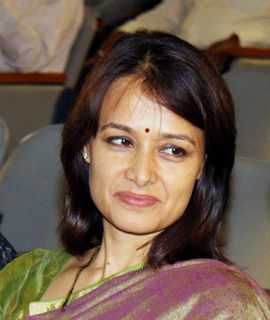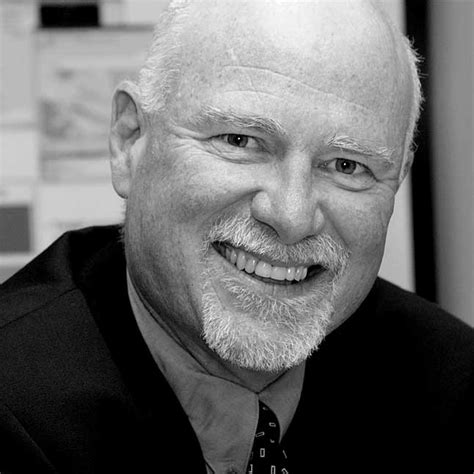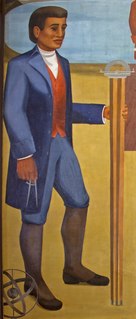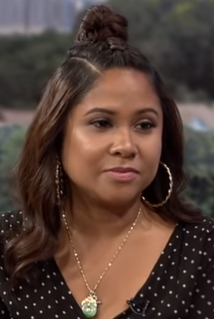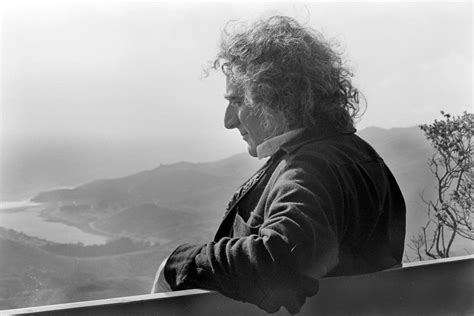A Quote by Judith Butler
It is true that non-governmental organisations working within strong human rights frameworks are now confounded by securitarian forms of logic and power that extend the paternalistic bias of their work in new ways.
Related Quotes
Slavery was, in a very real sense, the first
international human rights issue to come to the fore. It led to the
adoption of the first human rights laws and to the creation of the
first human rights non-governmenta l organization. And yet despite
the efforts of the international community to combat this abhorrent
practice, it is still widely prevalent in all
its insidious forms, old and new.
For man holds in his mortal hands the power to abolish all forms of human poverty and all forms of human life. And yet the same revolutionary beliefs for which our forebears fought are still at issue around the globe -- the belief that the rights of man come not from the generosity of the state, but from the hand of God.
For us democracy is a question of human dignity. And human dignity is political freedom, the right to freely express opinion and the right to be allowed to criticise and form opinions. Human dignity is the right to health, work, education and social welfare. Human dignity is the right and the practical possibility to shape the future with others. These rights, the rights of democracy, are not reserved for a select group within society, they are the rights of all the people.
Organizations are not really "owned" by anyone. What formerly constituted ownership was split up into stockholders' rights to share in profits, management's power to set policy, employees' right to status and security, government's right to regulate. Thus older forms of wealth were replaced by new forms.

